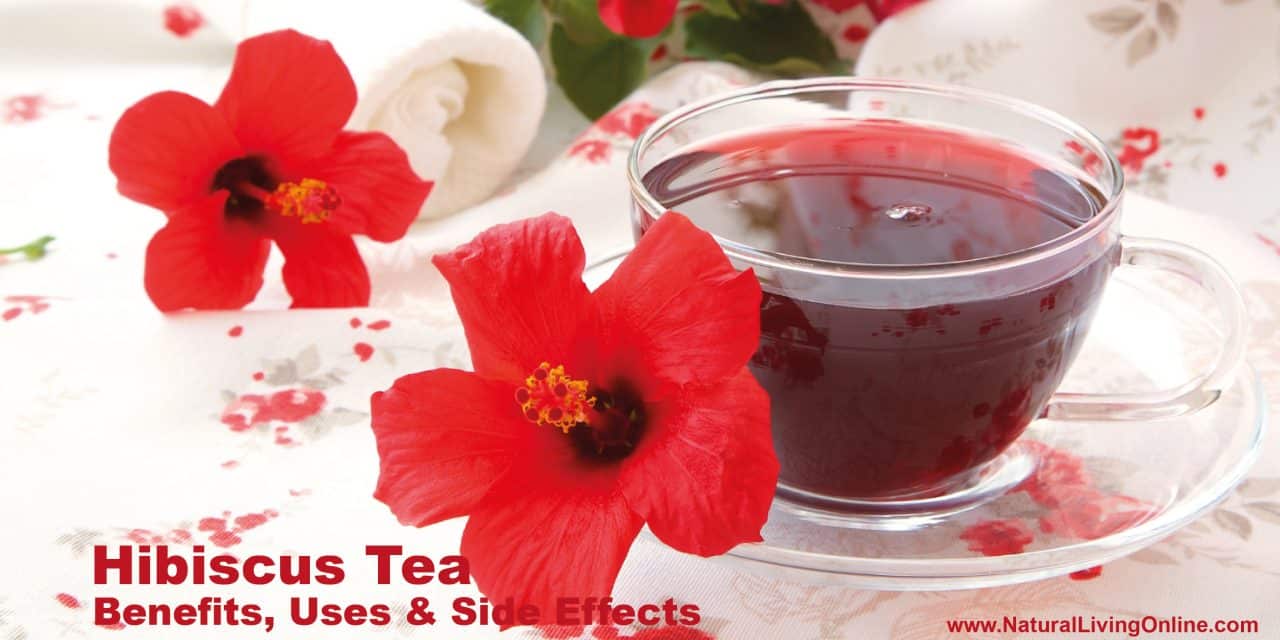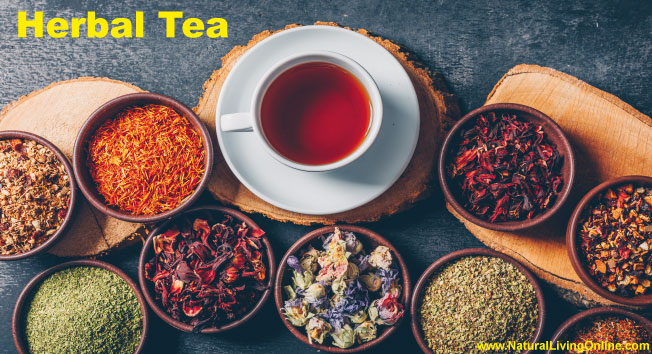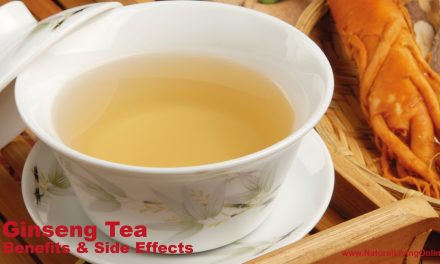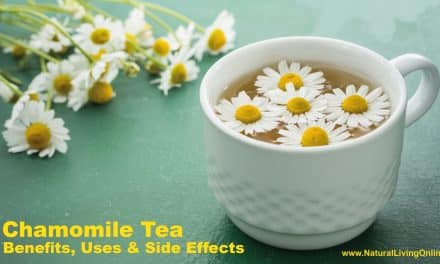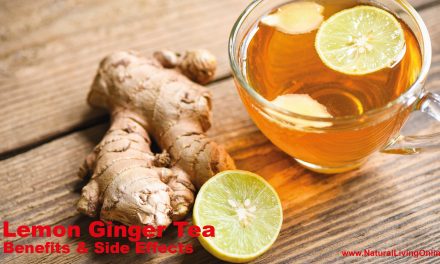Hibiscus tea is gaining popularity for its potential health benefits. This caffeine-free beverage is made from the dried parts of the hibiscus plant and is known for its tart flavor and vibrant red color. One of the most notable benefits of hibiscus tea is its ability to help lower blood pressure.
In addition to managing blood pressure, hibiscus tea is packed with antioxidants and may support liver health, reduce cholesterol levels, and even aid in weight loss. The tea contains vitamin C and other beneficial compounds that can contribute to overall wellness. Many people also appreciate its possible anti-inflammatory and antibacterial properties.
Incorporating hibiscus tea into your routine could enhance your health in various ways. Its potential to lower blood sugar and cholesterol, along with its antioxidant content, makes it a worthy addition to a balanced diet. Plus, its refreshing taste makes it an enjoyable and healthy substitute for sugary drinks.
Key Takeaways
- Hibiscus tea can help lower blood pressure
- Packed with antioxidants and vitamin C
- Supports liver health and lowers cholesterol
Nutritional Profile and Health-Promoting Components
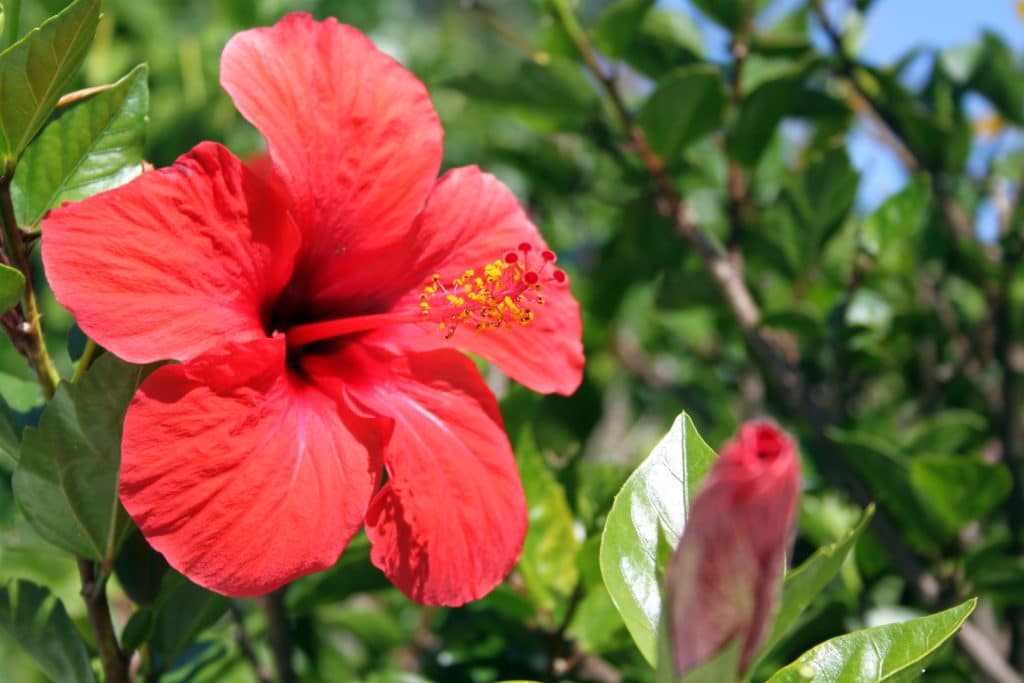
Hibiscus tea, made from the calyx of the hibiscus sabdariffa flower, is not only a flavorful, caffeine-free beverage but also packed with essential nutrients and health-promoting components.
Abundance of Antioxidants
The tea is rich in antioxidants, which play a crucial role in maintaining health. These include polyphenols and anthocyanins, compounds known for their ability to neutralize free radicals.
Free radicals can damage cells and contribute to aging and diseases. Studies suggest that the antioxidant properties of hibiscus tea may support cardiovascular health and have anti-inflammatory effects. By fighting oxidative stress, the tea potentially lowers the risk of chronic diseases.
Essential Nutrients and Vitamins
Hibiscus tea is also packed with vital nutrients. It contains significant amounts of vitamin C, which bolsters the immune system and helps in collagen production.
Additionally, it includes minerals like calcium and potassium. Calcium is essential for bone health, while potassium supports heart function by regulating blood pressure. Including hibiscus tea in your diet can be a tasty way to boost these essential nutrients and enjoy a number of health benefits.
Health Benefits of Hibiscus Tea
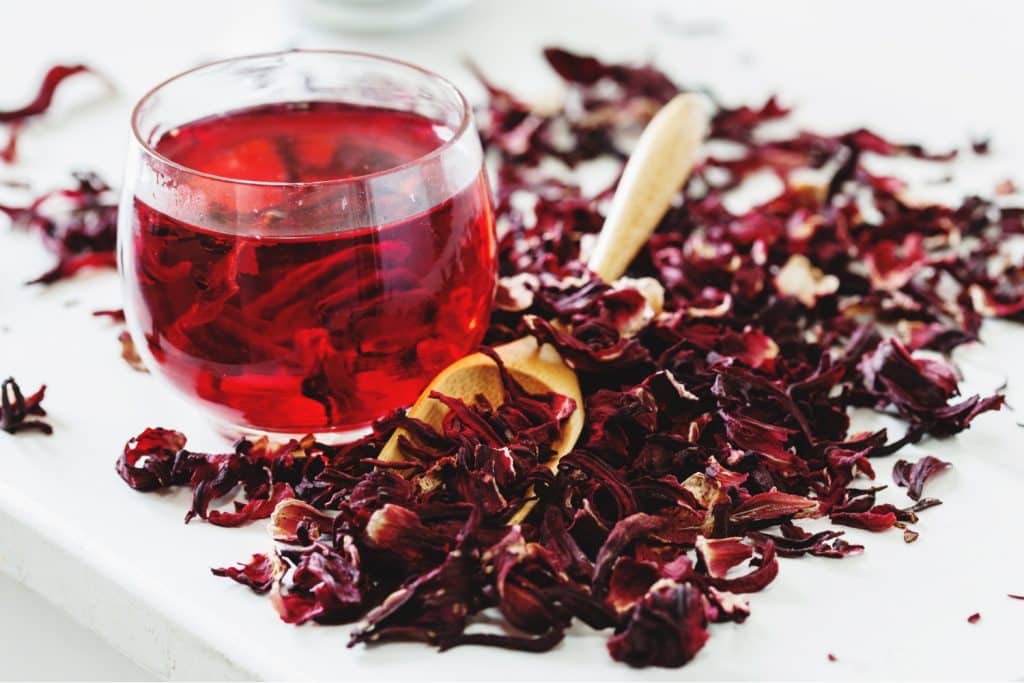
Hibiscus tea is known for its potential to improve heart health, aid in weight management, and support liver function. These health benefits make it a popular choice for many.
Cardiovascular Health Improvement
Hibiscus tea has been shown to impact cardiovascular health positively. Studies indicate that it can help in lowering blood pressure, which is crucial for individuals with hypertension. This tea contains compounds that relax blood vessels, reducing the strain on the heart.
Drinking hibiscus tea may also help manage cholesterol levels. It has the potential to reduce LDL cholesterol and triglycerides, while potentially increasing HDL cholesterol. This balance is important to prevent heart disease and related complications.
Incorporating hibiscus tea into a daily routine can be a simple way to support overall cardiovascular health. Its benefits may help reduce the risks associated with high blood pressure and cholesterol.
Weight Management and Metabolic Syndrome
Hibiscus tea is also linked to weight loss and management. Research has shown that it can aid in losing weight by reducing body fat and preventing obesity. Its properties help in managing metabolic syndrome, a group of conditions that increase the risk of heart disease, diabetes, and stroke.
The tea can improve metabolism and reduce fat accumulation, which is beneficial for people with metabolic syndrome. Regular consumption may help regulate weight and prevent the progression of related health issues.
Including hibiscus tea in a daily diet can be an effective strategy for those looking to manage their weight and reduce the risk of metabolic conditions.
Enhancement of Liver Function
Hibiscus tea can also support liver health. Studies suggest that it helps protect the liver from damage and promotes its overall function. The tea contains antioxidants that fight oxidative stress, which can cause liver damage.
Hibiscus tea may also help prevent and treat fatty liver disease by reducing liver fat. This is particularly important for those at risk of liver disease due to obesity or metabolic syndrome.
Consuming hibiscus tea regularly can be beneficial for maintaining liver health and preventing liver-related diseases. Its antioxidant properties make it a valuable addition to a healthy lifestyle.
Potential Risks and Side Effects
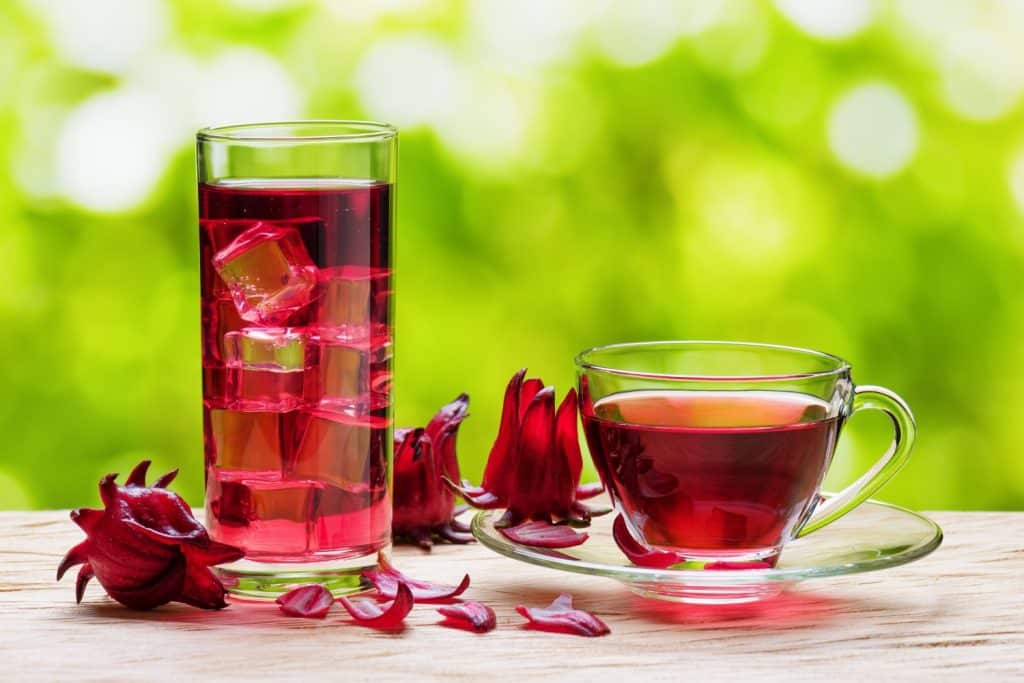
Hibiscus tea, while beneficial in many ways, can have adverse effects and interactions. It’s important to consider specific groups such as pregnant women and those on certain medications.
Effects During Pregnancy and Breastfeeding
Consuming hibiscus tea during pregnancy may pose risks. Some studies suggest that hibiscus can induce labor. Pregnant women should be cautious and consult with a healthcare provider before drinking it. Hibiscus might stimulate menstruation and could potentially cause a miscarriage.
For breastfeeding mothers, little research is available. The safety of hibiscus tea during breastfeeding remains uncertain. It’s best to avoid it to prevent any unknown risks to the baby. Given these concerns, pregnant and breastfeeding women should seek professional advice before including hibiscus tea in their diet.
Interactions With Medications
Hibiscus tea may interact with several medications. One significant interaction is with hydrochlorothiazide, a medication used for high blood pressure. Hibiscus can enhance the drug’s effect, potentially lowering blood pressure too much. That can lead to dizziness or fainting.
Additionally, hibiscus may interact with acetaminophen. It can affect how the body metabolizes this common pain reliever, altering its effectiveness. People on diabetes medications should also be cautious as hibiscus might affect blood sugar levels, either lowering or raising them unpredictably. Always speak to a doctor when considering hibiscus tea if on any medication.
Frequently Asked Questions
What are the potential health benefits of drinking hibiscus tea for women?
Hibiscus tea may help lower blood pressure and cholesterol levels, which are crucial for heart health. It is also noted for its antioxidant properties, which can combat oxidative stress.
Can consuming hibiscus tea improve skin health?
Hibiscus tea is rich in antioxidants and anti-inflammatory compounds. These properties can help in reducing skin aging and improving skin appearance according to studies about skin health benefits.
What are some possible side effects of drinking hibiscus tea?
Some people might experience lowered blood pressure, which can be a concern for those with hypotension. Additionally, some may experience allergic reactions. It’s essential to consult a healthcare provider before adding hibiscus tea to your daily routine.
How does hibiscus tea consumption affect kidney function?
Hibiscus tea has diuretic properties, meaning it can help increase urine production. This can be beneficial for flushing out toxins from the kidneys, but it’s important to drink in moderation.
Can hibiscus tea influence estrogen levels in the body?
There is some evidence suggesting that hibiscus tea may have an effect on estrogen levels, though more research is needed. Women with hormone-sensitive conditions should seek medical advice before consuming it.
Are there benefits to drinking hibiscus tea for menstrual cycle regulation?
Hibiscus tea might help with menstrual cycle regulation due to its potential impact on hormone levels. It can also ease menstrual cramps and symptoms, making it a helpful addition during cycles.
This website does not provide medical advice.
All information provided on this website, and on associated social media networks, including but not limited to texts, images, and numbers are for general information purpose only. It is not intended as medical advice and it does not include all possible precautions, side effects, or interactions that may occur. Neither NaturalLivingOnline.com nor its author/founder take responsibility for how you use this information. Statements contained on NaturalLivingOnline.com have not been evaluated by the FDA. You should conduct thorough research via multiple sources and consult your physician or qualified doctor before using any essential oil or herbal remedy. Information on NaturalLivingOnline.com must not be relied upon for medical, legal, financial or other decisions.

